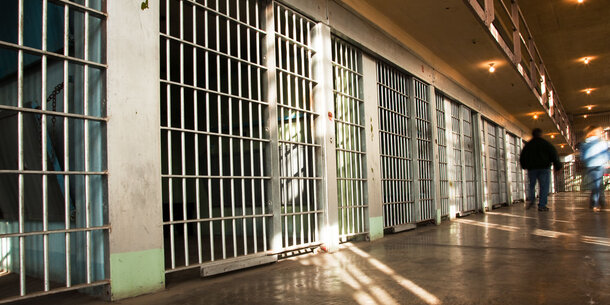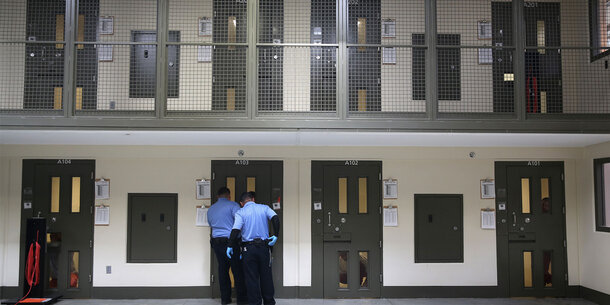A single criminal conviction bars a person for life from calling a bingo game in New York State. Before you chuckle at this gratuitous prohibition, take a second to appreciate the wider context: this is one of 27,000 (!) rules nationwide barring people with criminal records from obtaining a professional license. Conviction of a crime excludes people from holding jobs from real estate appraiser to massage therapist.
In our work to end mass incarceration, the Brennan Center has focused on the length of prison sentences. As our studies have shown, 39 percent of those in prison are there without a current public safety rationale. But the reach of our criminal justice system — its inefficiencies and its unfairness — extends far beyond the time an individual is incarcerated.
We all have a stake, for example, in making sure that a person leaving prison can reintegrate into society. Instead, we throw up barriers. Getting a job, even one that does not require a professional license, becomes extremely challenging. Studies show that a criminal conviction reduces the likelihood of getting a job callback by 50 percent for a white applicant and nearly two-thirds for a black applicant. These long odds have serious consequences. Finding work is the keystone to getting housing, becoming a contributing family member, and living an independent life.
Since many people are convicted of crimes when young, the negative effects reverberate for decades. The annual reduction in income that accompanies a criminal conviction rises from $7,000 initially to over $20,000 later in life.
Today crime is rising. Public safety must be a paramount goal. When violence cascades, it affects and hurts poor and marginalized communities most. As Alvin Bragg, the new Manhattan district attorney, put it so well, “The two goals of justice and safety are not opposed to each other. They are inextricably linked.”
Progress toward criminal justice reform was made possible, in part, by the fact that crime rates were falling for decades. Now, rising crime again creates the conditions where demagogic politics and unwise policies can recur — with potentially crushing social, economic, and racial consequences. So we need to think anew, to make sure that the reaction to rising crime does not provoke a policy response that produces neither safety nor fairness.
A year ago, the Brennan Center set out to broaden the national discussion about criminal justice reform. Since then, through our Punitive Excess series, we have published 25 essays by diverse authors ranging from scholars to formerly incarcerated people. The ill-considered collateral consequences of criminal conviction is just one of many topics, which also include perverse financial incentives in the system, inhumane prison conditions, racism, the treatment of child offenders, and more.
It is a trove of analysis and scholarship that deserves your attention. Today we published the concluding essay, which surveys the damage from heavy-handed tactics and offers alternatives that empower communities. We also released a new video exploring the problems caused by excessive punishment. I hope you will read, view, and share widely.



